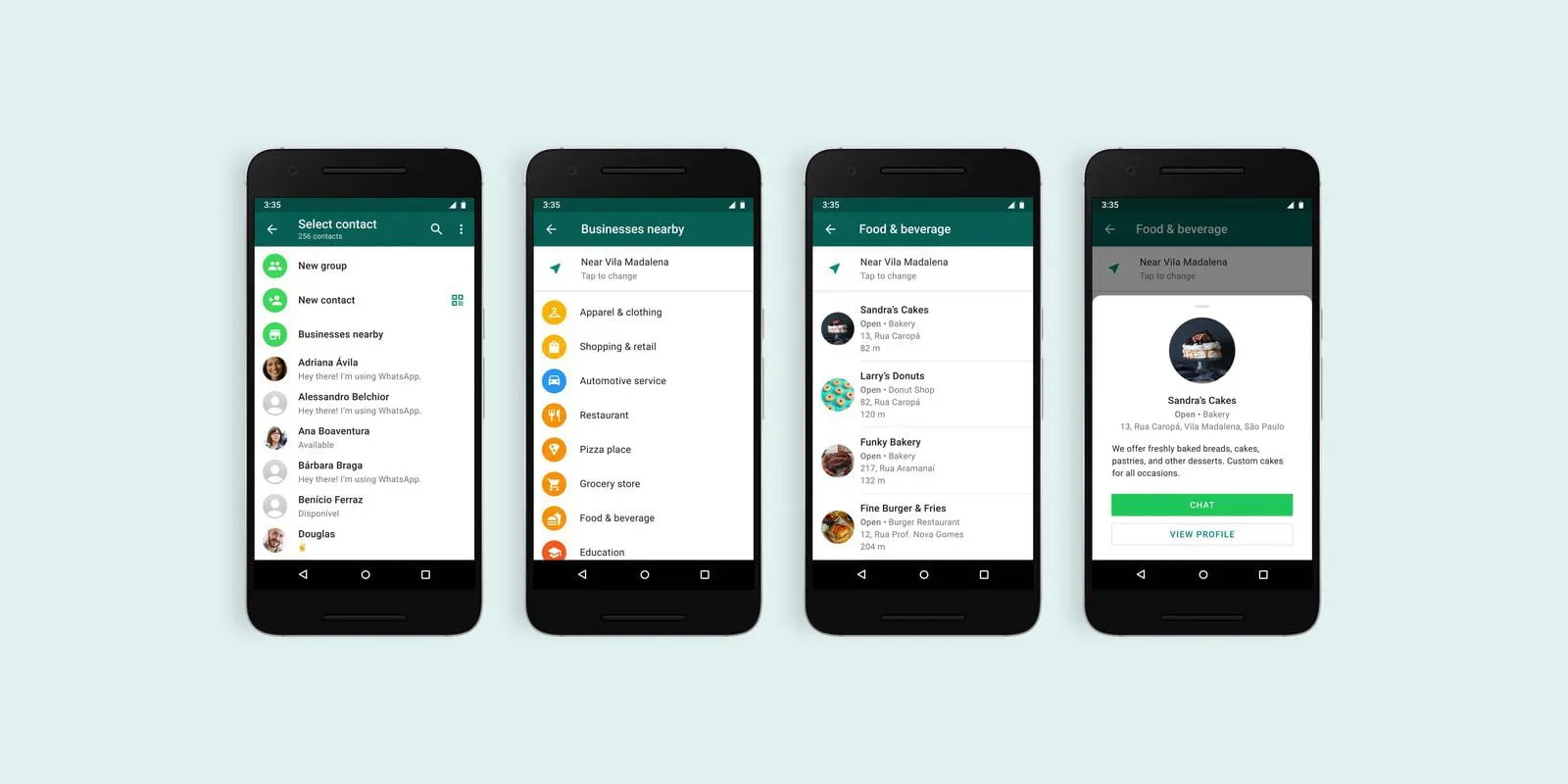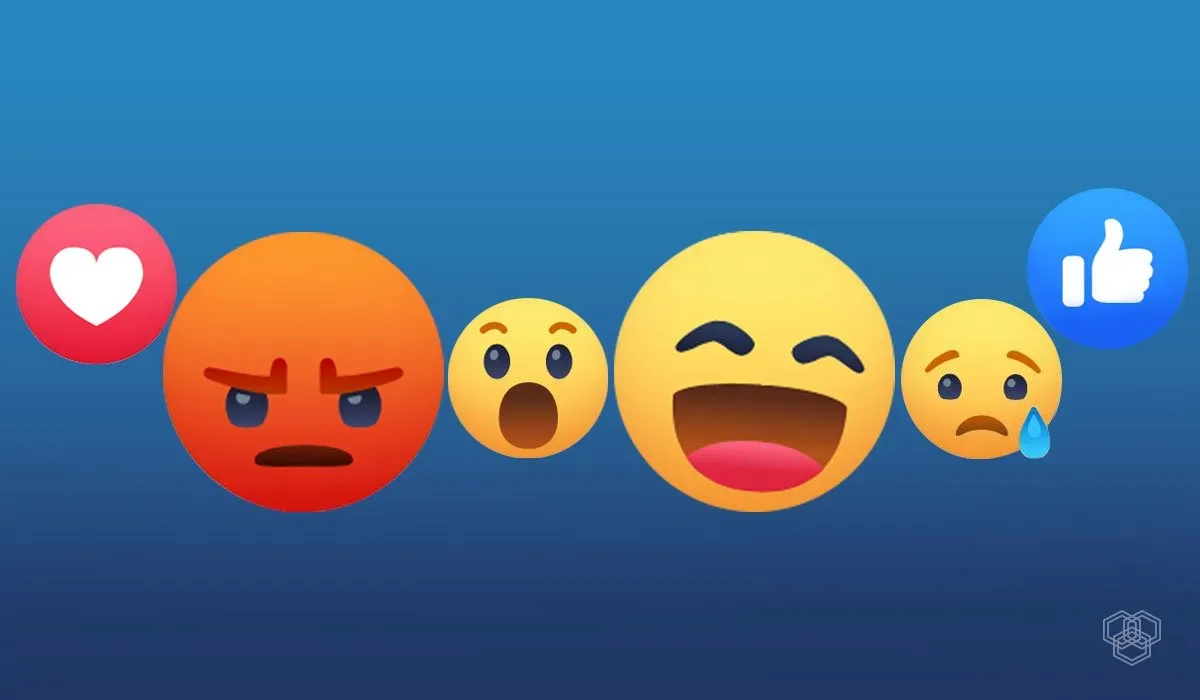The Center for Investigative Reporting made a request last year to unseal documents related to a 2012 class action lawsuit against Facebook involving charges racked up on its platform by children. Now some of those records are about to be released and, according to Reveal, will show that the social media giant allowed children to use their parents’ stored credit card information to rack up bills in the hundreds and thousands of dollars in order to play games online and failed to provide parents a way to dispute the charges.
The lead plaintiff on the case is a child referred to as “I.B.,” who only managed to spend $20 of his mother’s money before she realized what had happened. The child did not realize that playing the game would result in purchases to a credit card and thought he was playing with virtual currency. It’s unclear whether his mother’s request for refund due to unauthorized charges was ignored or denied.
Facebook now has 10 days from the judge’s decision to reveal the documents, that should amount to over 100 pages of legal proceedings.
Reveal has already had a peek at some of the documents and claims that even Facebook employees voiced concerns over people being charged without their knowledge for playing third-party games on the platform, such as Angry Birds.
While Facebook limits its accounts to people over the age of 13, an analysis by Facebook itself revealed that the average age of Angry Birds players was just 5 years old.
Reveal says that an internal Facebook memo states:
“In nearly all cases the parents knew their child was playing Angry Birds, but didn’t think the child would be allowed to buy anything without their password or authorization first.”
Facebook employees were concerned that children would not realize they were playing with real money and that parents were convinced any app purchase would require further authorization. This makes it clear that once you enter payment information into the platform, you need to pay close attention to how you utilize apps.
Despite concerns and complaints from parents, Facebook denied refunds and continued to make money from the children’s mistakes.
Another unsealed document shows other Facebook employees identifying kids as big spenders, though it’s unclear if they were aware whether or not the children had permission to use the cards. In a particularly disturbing case, one minor purposely stole and entered her parent’s credit card info and racked up a bill of $6,545 in roughly two weeks. The document shows Facebook employees discussing that the minor was likely 13 or younger (despite claiming she was 15) and refusing to refund any of the money.
While you might think that it’s careless for anyone to let their children have access to credit card information, keep in mind that one normally gets notifications or e-mail receipts of charges. It appears that Facebook failed to send any receipts for purchases made on the platform and parents only found out about the charges when their credit card bills arrived.
The judge made the decision to unseal documents partly because “this information would be of great public interest, particularly since it relates specifically to Facebook’s transactions with minors.”
While the original lawsuit was settled in 2016, there is no information on compensation due to a confidentiality agreement.
Not all documents related to the case will be released. Facebook claimed that some of the documents would cause them harm that would outweigh any benefit to the public. The judge agreed.
This is yet another setback in a long line of controversies involving Facebook over the last few years. They are currently scrambling to save face after various data breaches, dishonest privacy practices, and accusations of political tampering.
2019 will have to bring some very good news and positive press for the social media giant if they are going to survive in the face of competing social media networks that promise more transparent practices.







Share Your Thoughts